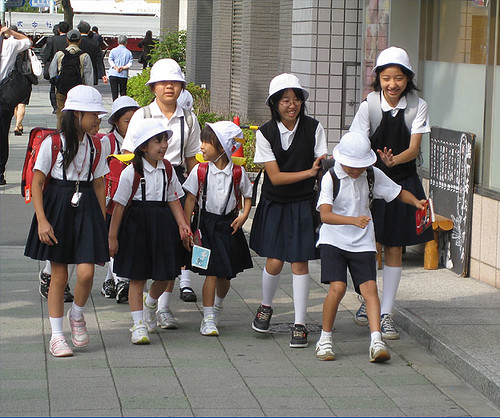
School children in Japan
I always thought I would have children. But, it was never one of the top things I wanted to do in life when people asked me when I was younger. I had other things that were more important to me like post-secondary education, an established career and other goals like learning French, driving a standard car, and travelling.
Relationships were important to me, and a given. I was always in a relationship, and when one would end, I would go into the next one and sometimes that would be the reason they would stop. I would find my future relationship in waiting.
When I was in my teens, and we talked about what we would be later in life, some friends always said, marriage, a family and children. I would say a non-committal, “sure”, because I had so many things to do first!
In my twenties, I had several people that wanted to get married to me, but I didn’t want to. I felt I was too young and didn’t want to be tied down, or that is what I thought it would do to me. There was a whole big world to explore and things I wanted to check off my list. There would be time for marriage later.
I didn’t dream about a fancy white wedding that some of my friends were imagining. I thought my wedding would be beautiful but not elaborate, and simple, like me, but then again, I wasn’t one to dream about it. Though, I have always loved romantic movies. I am a sucker for the girl meets boy, the struggle, and then the happily ever after part. Who doesn’t want a happily ever after, right?
Having Children
But children? I was never sure about having children. Why?
I had such a hard childhood growing up. There wasn’t a lot of happy memories that made me feel this was the norm for a child and I knew that I had a lot of shit to figure out about myself before becoming a full functioning adult, never mind a parent.
I knew that being a parent was a big responsibility, and I didn’t take it lightly. I knew my parents fell into it, and it was expected of my mom. I know she did her best and loved me, but it wasn’t something that she was ready for or good at. Who after all, takes a course on parenting? I believe we all need to.
We learn and gain degrees for everything else, so why not the important things like being in relationships, having children, and taking care of ourselves? This is probably the reason we often fail, and we beat up ourselves up for not being a perfect partner, parent or person. How could we not sometimes fail when we have no training, and there is no “book”. We can only go by what we know growing up, which for many of us, was dysfunctional and not healthy.
I started to think about the possibility of marriage and children in my late twenties and early thirties, but there was something slightly off and not right with the relationships I was in. I thought that the men I was with wanted marriage and children because it was the thing to do and check off their list, and I didn’t know whether they would be good husbands or fathers. Most of all, I didn’t think I would be a good mother. I was most scared that I would fail at something I hadn’t learned about and didn’t have adequate training in.
In my early thirties, I ended up in a relationship with a person that didn’t want children. I thought, great, the pressure is off. He didn’t want to get married too, so I thought, another weight off.
Though, as my friends started having children, I began to think that I wanted them. I was happy in a relationship with a person who didn’t want children. I knew that if I wanted children, I would have to leave my partner. I was never prepared to because I loved him and didn’t want to be a single mother.
I also started therapy in my early thirties after coming back from a mission with the International Red Cross in Russia. It was a requirement for debriefing, culture shock and adapting back into Canadian life, which is often more difficult than going into a new country, which is full of challenge but also exciting, the reason delegates want to do foreign assignments in the first place.
I was scared to go into therapy because I had these negative impressions that if I went, I would be lying on the couch, and be talking about my feelings, and most of all, that something was wrong with me.
I went into my initial therapy sessions, clutching my backpack full of things that I thought I would need, a habit from Red Cross days when we were required to carry the necessary emergency supplies with us just in case. I was also holding on to beliefs and patterns about therapy and myself that were causing me pain.
As I went to my regular sessions with my therapist, she opened a whole new world to me, and that world was me. I realized that there was so much to learn about myself and that I had been hiding and suppressing deep pain and trauma in my body for a long time, and it manifested in different physical ways and actions I took.
For example, since childhood, I always had stomach problems, and I would overeat when I was younger to numb the pain. Later, I would work hard, so much that I wouldn’t take care of myself and other people and things would come first before me. I realized this was an addiction and another way I masked the pain, to keep busy, so I wasn’t alone with my thoughts.
In therapy, I began to talk for the first time about the abuse I had growing up. This was freeing, releasing something that I thought was shameful and that I was a bad girl. I hadn’t realized that everything I had done until that point was about me being a bad or good girl. It’s something I have been working on all my life, to feel that I am worthy, to like myself, and give myself the love that I didn’t get growing up and a stable, loving environment.
I knew deep down that I needed to work on this first before having children, but I didn’t realize that there is no end goal or “ta-dah” moment when we are healed. It is a lifelong process because we are complex human beings, and trauma runs deep. I also know from therapy and life, that waiting for the perfect moment for anything never comes.
My therapist said that in her training, the psychology students wondered how they could ever help people if they couldn’t get their lives in order and healed first. Their teacher told them that part of our healing is in relationships, so that we may mistakes, and can learn and can grow from them, and this work doesn’t end, it is part of living.
I was waiting to be the perfect partner and parent after I started to get my shit together and heal more. And finally, at 57 years, I feel that I have made some significant strides, especially over the past six years and am ready emotionally to be a parent. But the decision is not there for me to make because I can’t have children anymore.
Last night, I looked at Facebook photos of the children of my friends that seemed to have grown up suddenly and were going away to high school and university. I marveled at how much they had grown as most of them I hadn’t seen since they were babies and small children. I wasn’t part of their growing up because it seems like when you have children, it’s another life that is chaotic, busy and revolving around the children and friends who have children. I get this.
I had a mini life of being in a relationship without children, and theirs involved children. I’ve never taken parenting and having a family lightly; it is a big responsibility and life change. This is part of the reason I didn’t want children. I didn’t think I was ready for it.
I believe people who decide not to have children often give this more thought than most people who do.
It’s not a let’s get married and have children, or oops there is an accident so let’s have it and make it work situation, but more a thoughtful decision-making process over the years. Life doesn’t often present what we want, and things don’t work out precisely in the way we thought. And sometimes this includes children.
Last night after looking at the photos on social media, I was happy for the families. But I woke up in the middle of the night, with deep sadness and a feeling of loss over not having children and it hurt. I felt like sending out a primordial cry, like a loon that has lost its lifelong mate. I sometimes feel a deep yearning for the child I never had.
I know I would be a good mother now and would have a lot to share. Yes, I could always adopt, but there seems to be many barriers to this from society, financially right now, and it’s not that important to me to have a child anymore. It’s more of a regret, and I’ve learned that regrets are not bad, we all have them. What is most important is what we learn from them. What can they teach us?
The yearning for children is something I feel that is primal, even if we don’t want children, because we understand intellectually the time, energy and care this would take. As I laid in my bed, I cried tears of compassion for the children I cannot have any more and for others who are in the same position, who want children and can’t, who have lost children, and go through life like me, happy and grateful, but also wondering what their lives would have been with children in it.
Those of us who don’t have children don’t take not having children lightly as others with children would think we do. It’s that life, our circumstances, our upbringing, and knowing who we are, has made us decide not to.
I have done much work on myself in therapy and through various healing modalities. I’ve come to appreciate who I am for the very first time. I worked hard all my life and rallied against the struggles and pain. I tried to prove to others who I am.The only one that I ever need to speak to is the child inside who was waiting for me to listen. She was as I left her, whenever I decided to abandon and ignore her.
School Children in Japan
In my new life here in Ochi, I am surrounded by children in the halls and classrooms who want to say hi or bye, who want to show me what they made, and who have questions for me. When I walk through town, I feel like a celebrity as the students wave to me and are enthusiastic about telling their families and friends who I am.
Last week, I had school lunch with a classroom of grade twos who are about seven years old. I had my lunch on a tray and sat down with them at a small desk with attached chair. They have a lunch program for all students in elementary and junior high school.
What amazed me the most when I went into the classroom, was the discipline and responsibility that the children have at seven years old, even for lunch period. In each class, there are assigned students to announce the start and close of each class or activity.
For the lunch period, a mini banquet like system with long tables, trays, and utensils are set up in the classroom for children, which numbered about twenty for the room I was in. Some of the children in the classroom are designated as the chefs for the day. They wear special outfits of a yellow cloth gown to cover their clothes, a mask to cover their nose and mouth, and chef hat. The junior chefs are responsible for setting up the food, which comes in stainless steel carts, and serving the children their food.
The children pick up trays, utensils, usually chopsticks, and a small bottle of milk, and are served food by the junior chefs.They sit down at desks and chairs that they arrange in groups to eat lunch. They must eat everything they can.
Japanese Meal Traditions
Every Japanese meal is opened by putting your hands together, saying, itadakimasu, which means, I will humbly eat this food that is graciously served to me, and bowing, before you pick up your utensils. This comes from Japan’s roots in Buddhism, which teaches respect for all living things and extends to mealtime in the form of thanks to the plants, animals, farmers, hunters, chefs, and everything that went into the meal.
Also, in this Japanese way, we must consider how much we want to eat before we order and, in this case, serve it to ourselves. In restaurants, this approach lends itself to smaller dishes and portions than back home. In the classroom I was in, after all students were seated and before eating, they had the opportunity to return food from their trays that they didn’t think they could eat.
Last winter, I trained in Japanese cooking at an organic restaurant called Mominoki in Tokyo. The chef could never understand why foreigners would order food and then leave some. When foreigners would leave some of the special organic brown rice in their bowls, he would be distraught.
He told me he knew the farmer in the mountains that picked every grain of rice, it was costly, and he had it ordered, especially for restaurant guests. He said, his heart breaks and he wants to cry when he has to throw the rice in the garbage.
I asked him what if customers can’t eat anymore of their rice? He said that they should have ordered a bowl of small rice. Japanese customers would often order a bowl of big or small rice depending on their appetite, with the same price for both. It is part of Japanese custom to eat every grain of rice in your bowl to show respect for the food and the resources that made the food. You can lift up the rice bowl to make it easier to pick up the grains with your chopsticks. Children in Japan are taught that every grain of rice has seven fortune gods, so not eating the grains are disrespecting them, and no one wants to have them coming after you!
When the children are done with their school lunch, they put their trays, dishes and utensils neatly back into the designated holders. They clean their milk bottles at long sinks that are outside of the classrooms and put them into designated bin. Then they clean their desks with a damp cloth. I checked, and everything is immaculate, neat and orderly, which wouldn’t probably be the case back home. Then, the children grab their toothbrushes with their names on it, in an assigned covered holder, and brush their teeth. And all this, they do on their own without prompting, which fascinated me to no end.
I sat down with my tray at an open desk and seat, which was quite awkward because the desks and chairs were meant for small children and I had a skirt on, so it was hard not to look like Bambi with my legs splayed out. Also, I didn’t know these children, and I knew they didn’t understand much English.
The children started talking to me right away and were eager to ask me questions, all in Japanese, of course. They were the cutest as we ate our Japanese meals of curry and bread with a salad, piece of fruit and milk. At one point, the girl in front of me, with the sweetest face, said to the other children in Japanese, “this new teacher is fun, isn’t she?”
This was the highest compliment. I felt at home and welcome. We find the children that we are yearning for, and it’s not that we find the children exactly, but we appease the feeling of needing connection, being with children, and that sense of belonging.
I’ve always felt like a child inside no matter what my age. Yes, I have grown up, but I have never felt grown up. I always thought I had a disguise on. Perhaps I get this from my father, who was eternally young and youthful in his spirit and actions.
Getting Older but Not Getting Old
We can grow up and become older, but we don’t have to become old. It’s a state of mind.
I know all about ageing, which comes with its aches and pains and how sometimes you wake up feeling hungover although you haven’t drunk anything the night before. It sucks!
Getting up and down with the children, whether crouching on the floor to speak with them, playing games with them, running around the classroom, and walking up and down three flights of stairs to our English classroom several times of day, in the high heat and humidity as most of the school is not air-conditioned, is exhausting, much more than when I was in my twenties.
But when I am with the children, I forget. I am present and with them. The children ask my age because they are children and for people here, it’s not a politically incorrect question as it is back home because there is not such a stigma about ageing and how old you are. I was surprised when first asked this in a class by a child who is 10 years old. I told him how old I am. He said, I look young, and I thanked him.
I said to the children that I may be older on the inside, but I am the same age as them inside. I meant this. The more time I spend with the children, I realize how young I am, and I feel I am getting younger.
Who knows what age I will be when I finish my time in Japan? I may be Peter Pan, who had a never-ending childhood.
Also published on Medium.

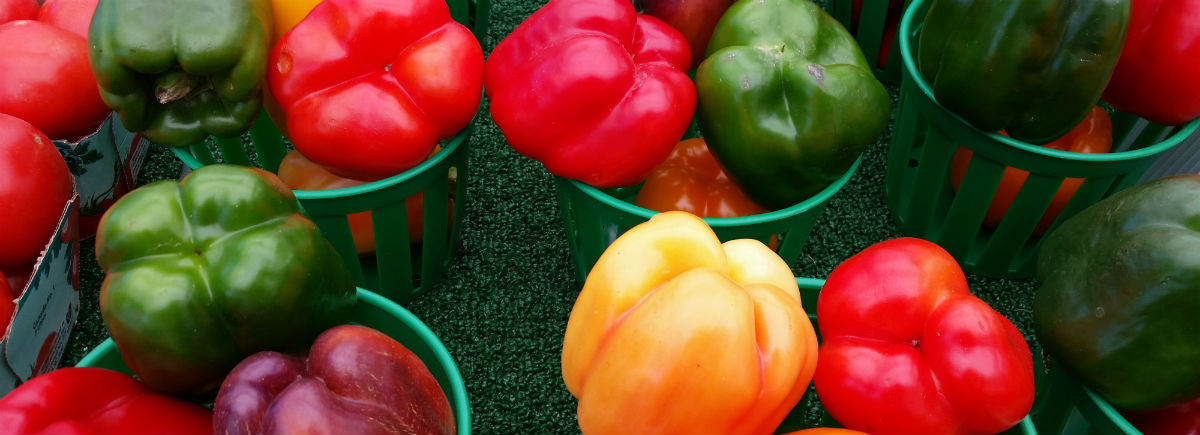
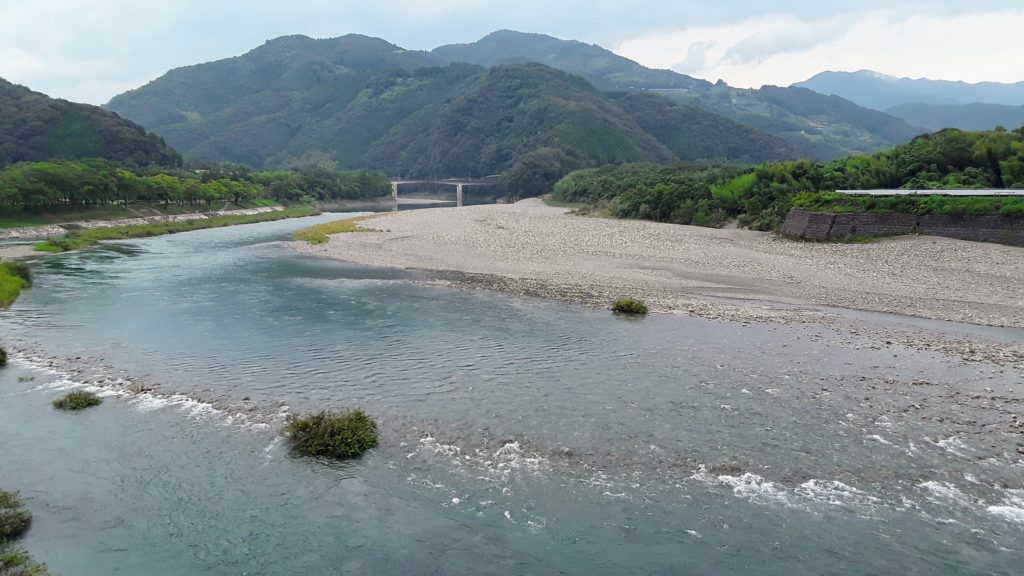
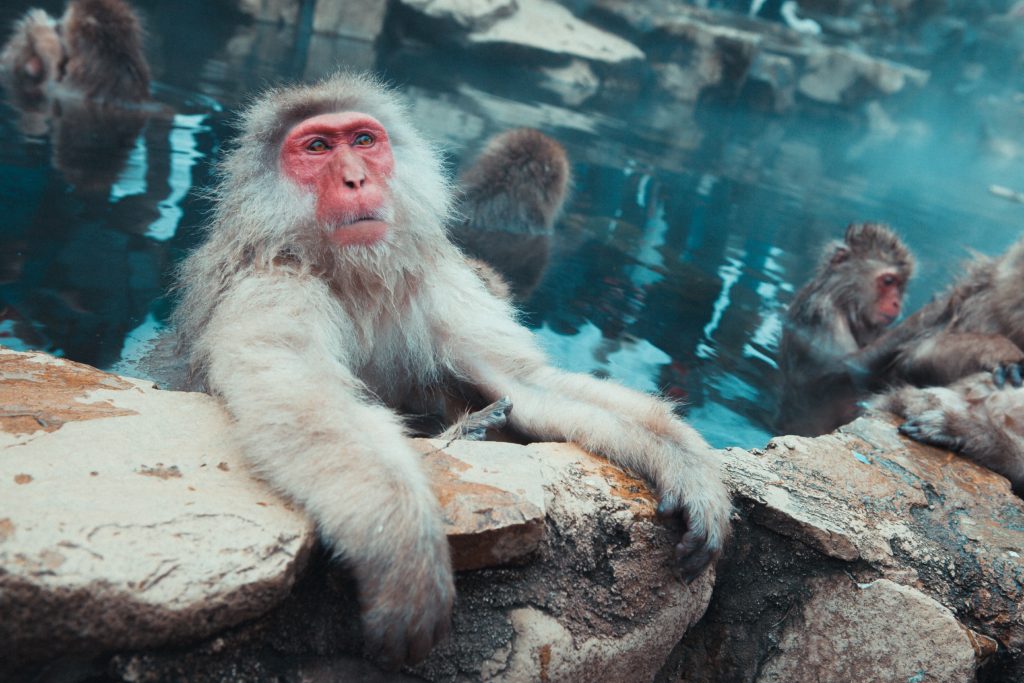
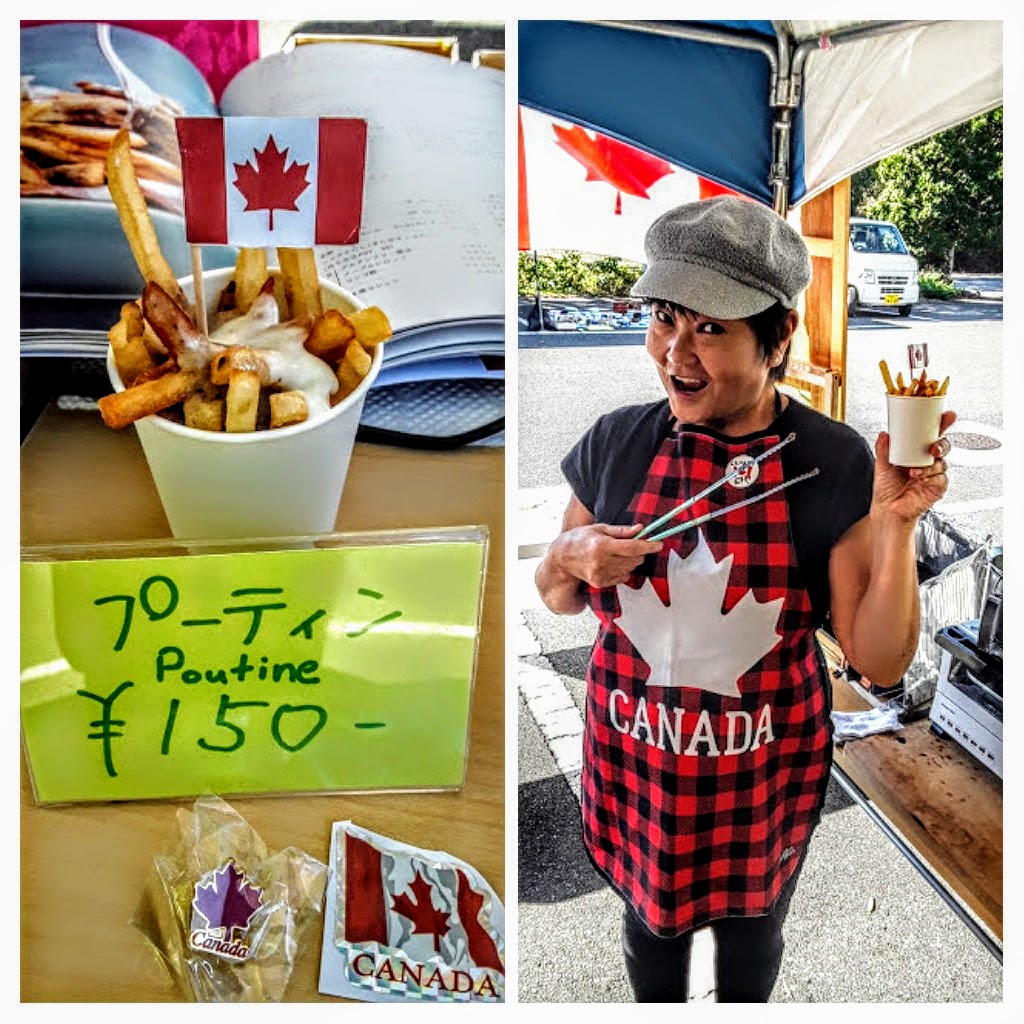
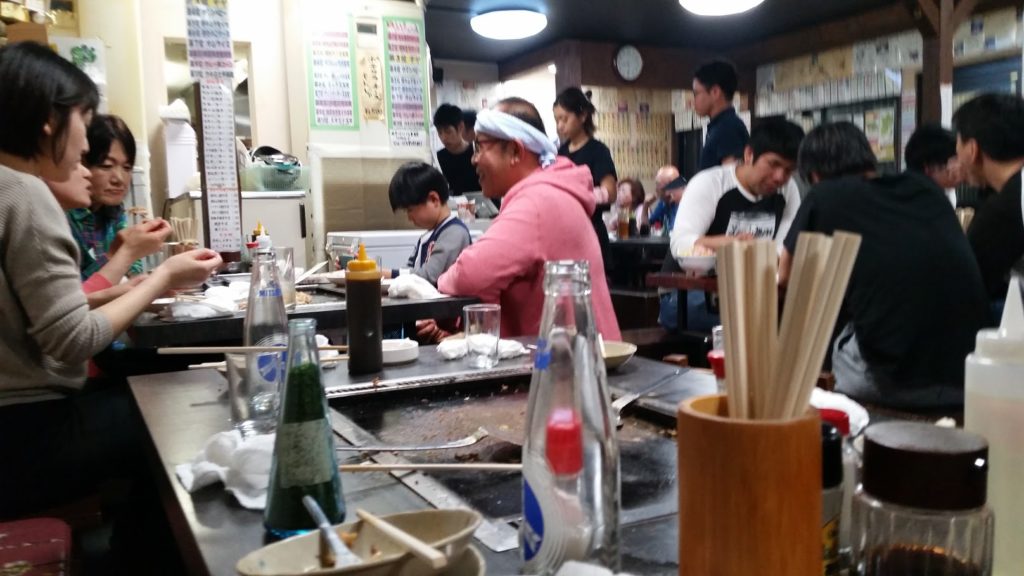
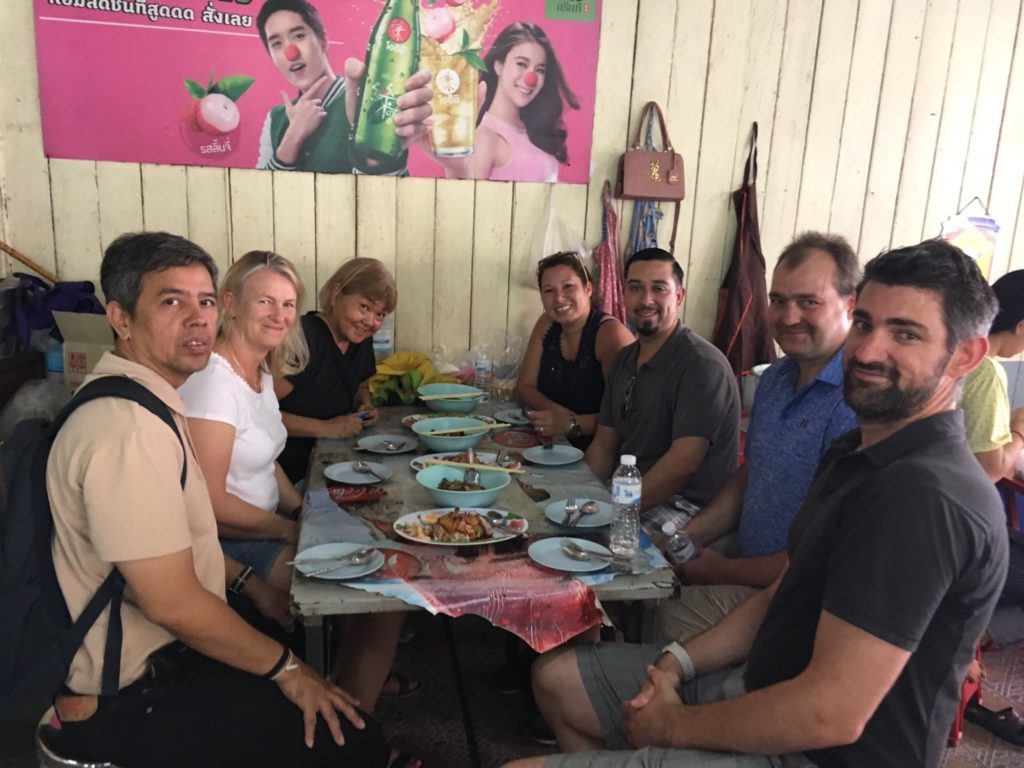
2 Comments
Andre Asselin
Bonjour Caroline...hello from a distant colleague from years ago at the EMBA program. Not sure I can put in words how I felt after reading this amazing and personal testimony. So I will just say that I am sending you a big hug...une grosse caresse comme on dit dans ma famille.
admin
Hi Andre, sorry for the delay in responding. It's so great to hear from you! I am excited to be in touch again! Thanks for your kind words. When you write something from the heart, you don't know if and how it will touch people, so I very much appreciated your comments. I hope you are well and let's keep in touch. Time flies do quickly, doesn't?Love from Japan, Caroline